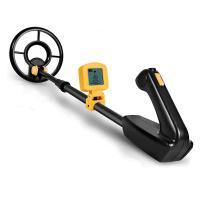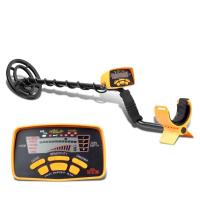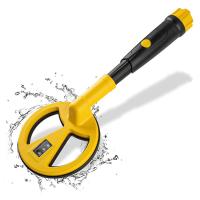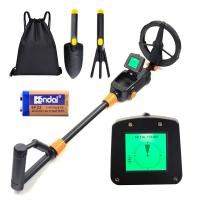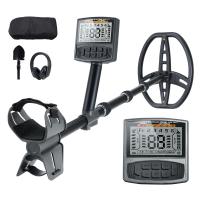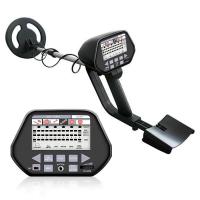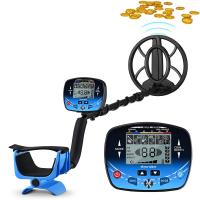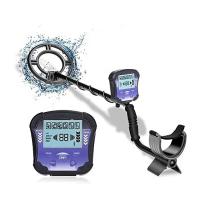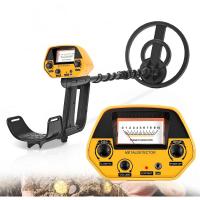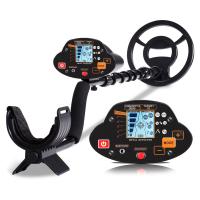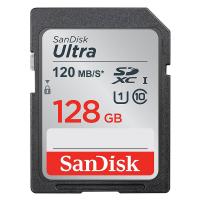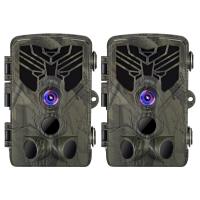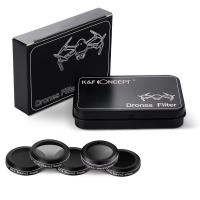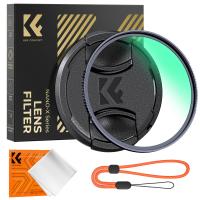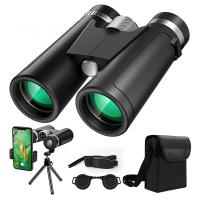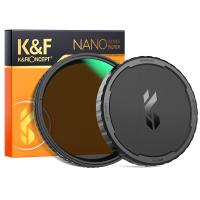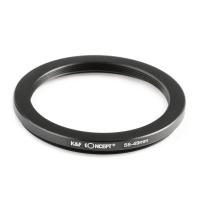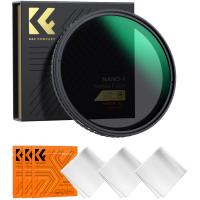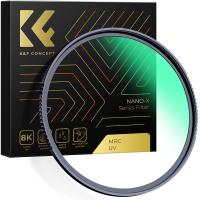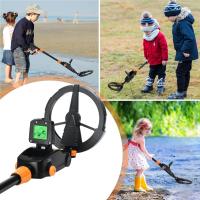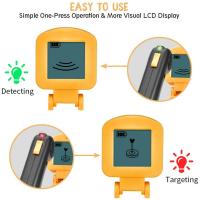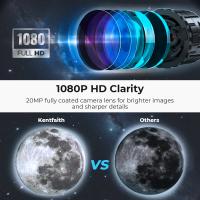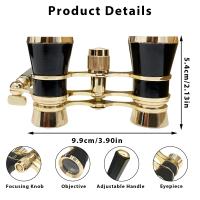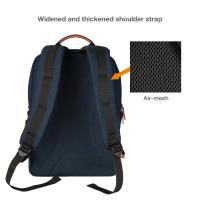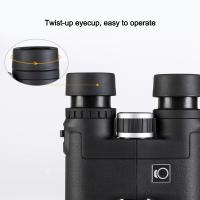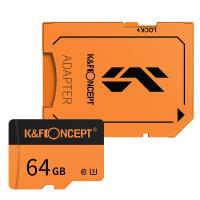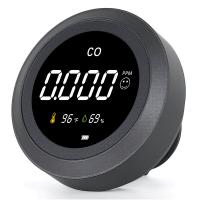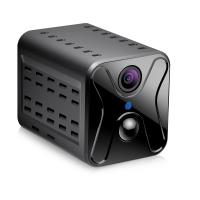Are Cheap Metal Detector Good?
Are Cheap Metal Detectors Good? A Practical Guide for Beginners and Hobbyists
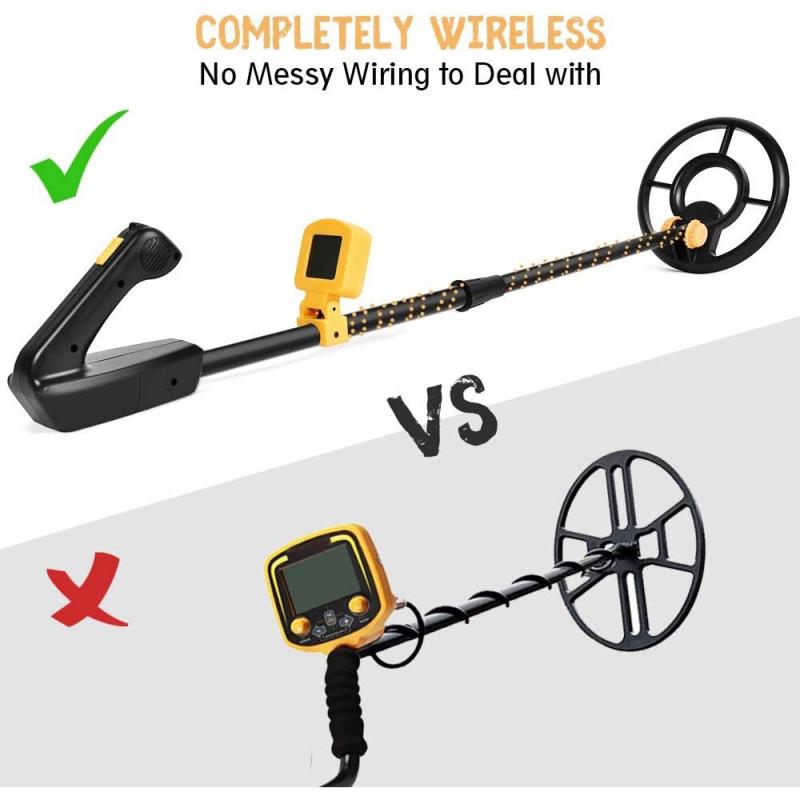
When it comes to metal detecting, one question frequently arises: "Are cheap metal detectors good?" This is a common concern, especially for beginners and hobbyists who want to dip their toes into the hobby without breaking the bank. Metal detecting can be an exciting and rewarding activity, but the quality of the equipment plays a significant role in shaping your experience. If you've ever wondered whether budget-friendly detectors can meet your needs, this article will clarify the benefits, limitations, and ideal uses of inexpensive metal detectors.
---
Understanding What "Cheap" Means
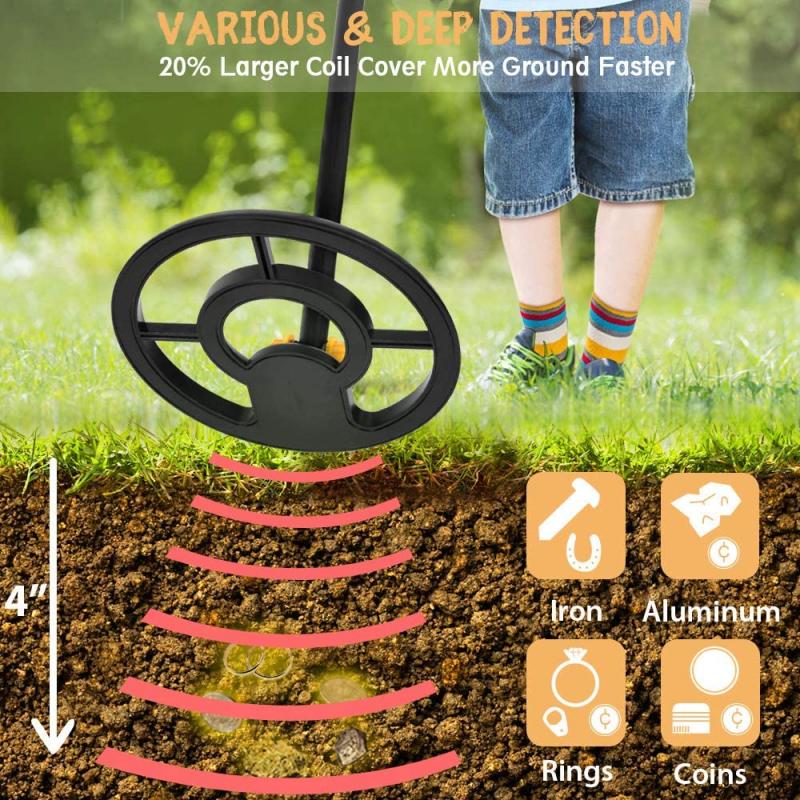
Before diving into the pros and cons, let’s establish what "cheap" means in the metal detecting world. For this discussion, a cheap metal detector generally refers to models priced between $50 and $250. These are often considered entry-level options and are marketed toward beginners or casual hobbyists.
It’s important to note that inexpensive doesn’t necessarily mean low quality—sometimes affordability is a result of streamlined design, fewer advanced features, or the use of less expensive materials. The key question is whether the detector's performance aligns with your expectations and the type of detecting you plan to do.
---
What Can You Expect from a Cheap Metal Detector?
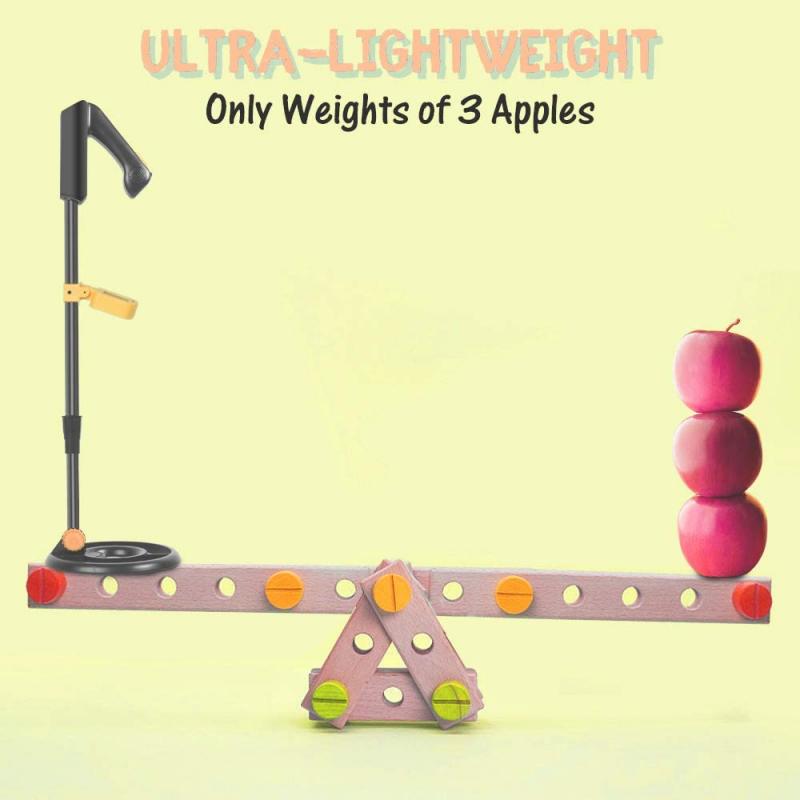
Cheap metal detectors typically have basic features, making them suitable for specific scenarios. Here are some typical attributes and what they mean for users:
1. Detection Depth:
Budget detectors usually detect metal objects at shallow depths, typically in the range of 6 to 8 inches. This depth is sufficient for finding coins, jewelry, and small objects buried in loose soil, but may not be effective for deeper targets or difficult terrains like wet sand or mineralized soil.
2. Discrimination Features:
Many budget detectors come with limited discrimination capabilities. Discrimination is the ability to differentiate between valuable metals (e.g., gold, silver) and junk (e.g., iron, aluminum). While these detectors can handle basic discrimination, they may struggle with accuracy compared to mid-range or high-end models.
3. Build Quality:
Cheap detectors often use lightweight plastic materials, which make them more portable but less durable. They may not withstand harsh environments, such as saltwater beaches or rocky terrains, as well as pricier alternatives.
4. Learning Curve:
Basic models are easy to use due to simplified controls and fewer features. For beginners, this can be a big plus because it reduces the learning curve, allowing you to start detecting almost immediately.
5. Price-to-Performance Ratio:
In general, cheap metal detectors offer decent performance for their price. They are ideal for casual use, like weekend outings in parks or your backyard. However, the performance gap becomes noticeable when compared to detectors designed for skilled hobbyists or professionals.
---
The Pros of Cheap Metal Detectors
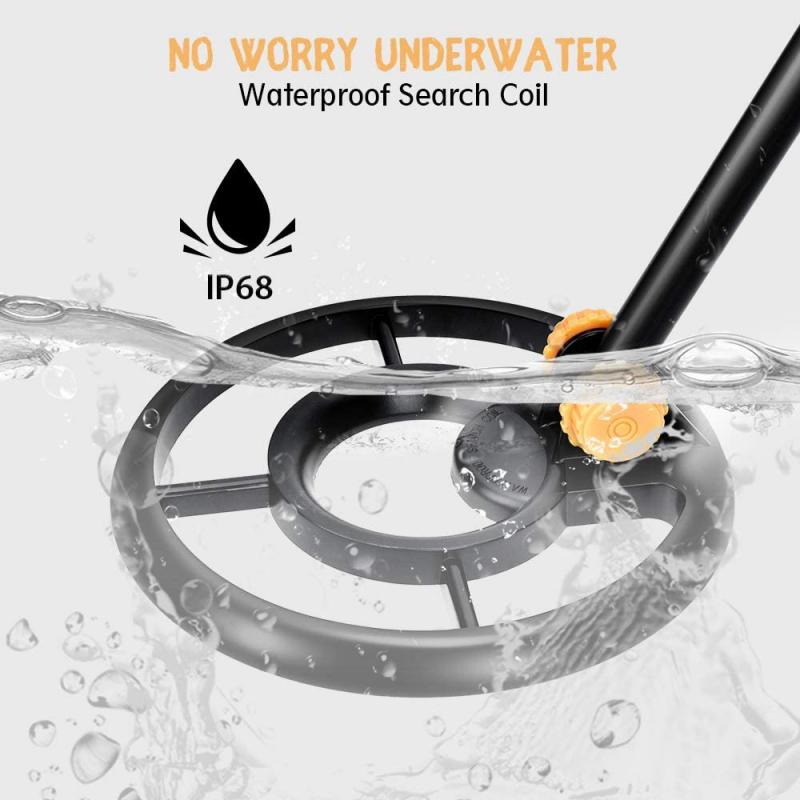
For certain audiences, cheap metal detectors can be a great starting point. Below are some of the advantages:
1. Affordability:
The most obvious benefit of cheap metal detectors is their low cost. For someone new to the hobby, spending a small amount to determine if they enjoy metal detecting is a practical choice. Investing in an expensive detector right away may feel risky, especially if it turns out that the hobby isn’t for you.
2. Ease of Use:
Entry-level detectors often come with fewer settings and simpler interfaces, making them beginner-friendly. They allow novices to focus on the experience rather than getting bogged down by complex functions.
3. Portable and Lightweight:
Less expensive models are often compact and lightweight, making them easy to carry and use for extended periods. This is especially helpful for children, teens, or individuals who prefer lighter equipment.
4. Family-Friendly:
Cheap metal detectors are perfect for family activities. Children can participate in metal detecting without the fear of damaging expensive equipment, and the shared experience can make for memorable outings.
5. Adequate for Casual Usage:
If your goal is to explore easily accessible areas like parks, playgrounds, or your backyard, a cheap metal detector can perform reasonably well. For shallow targets or areas that don't require advanced discrimination, a basic model might do the trick.
---
The Cons of Cheap Metal Detectors
Of course, no product is without limitations. Cheap metal detectors have their downsides, which may impact your experience depending on your expectations.
1. Limited Features:
While easy to use, cheap metal detectors may lack advanced features like adjustable frequencies, pinpointing modes, or multi-tone audio identification. These tools are often essential for detecting specific targets or working in challenging conditions.
2. Struggles in Mineralized Soil:
In areas with mineral-rich soil or highly conductive environments (like saltwater beaches), budget detectors may perform poorly. The lack of advanced ground balancing options can result in erratic signals or false positives.
3. Short Detection Range:
Inexpensive metal detectors are generally limited to shallow depths. Finding deeply buried treasure or relics often requires equipment with more sophisticated sensing capabilities.
4. Durability Concerns:
Materials used in cheaper metal detectors are often less robust. Prolonged exposure to water, sand, or rugged terrain can lead to quicker wear and tear, reducing the detector's lifespan.
5. Lower Accuracy:
Budget-friendly models can sometimes struggle to accurately identify materials. For example, a low-end detector might signal a valuable find, only to uncover a piece of tin or scrap metal.
---
When Is a Cheap Metal Detector a Good Investment?
Despite their limitations, cheap metal detectors can be an excellent choice under certain conditions. Here’s when it makes sense to go for a budget-friendly option:
1. For Beginners:
If you’re new to metal detecting and unsure whether you’ll stick with it, a cheap detector can help you test the waters. It provides an affordable entry point and saves you from committing to an expensive device.
2. For Casual Hobbyists:
If you plan to use it occasionally, investing in a high-end model might not make financial sense. A cheaper detector can suffice for occasional outings.
3. For Kids and Families:
Kids often lose interest in hobbies quickly, and they might not handle equipment as carefully as adults. A budget detector can provide a fun introduction to metal detecting without the risk of damaging costly equipment.
4. For Low-Risk Areas:
Cheap metal detectors can work well in low-risk environments like parks, open fields, or beaches with dry sand. They’re perfect for finding coins, lost jewelry, or other small items.
---
Tips for Choosing a Cheap Metal Detector
If you’ve decided to purchase a budget-friendly detector, keep the following tips in mind:
1. Research Brands:
Opt for reputable manufacturers like Bounty Hunter, Garrett, or Fisher. Even within the budget range, these brands offer reliable entry-level models with decent performance.
2. Check for Specific Features:
Look for key functionalities like discrimination, sensitivity adjustments, and multiple search modes. These features can significantly enhance your detecting experience.
3. Read Reviews:
User reviews and videos can provide valuable insights into real-world performance. Pay attention to feedback, especially on durability and ease of use.
4. Start Small:
Don’t aim for advanced capabilities with your first purchase. A simple model is sufficient to build foundational skills.
5. Consider Warranties:
Even inexpensive detectors can come with warranties. This adds peace of mind and assures you of manufacturer support if issues arise.
---
When to Upgrade Your Detector
After spending some time with a budget detector, you might reach a point where its limitations begin to hold you back. This usually happens if you start exploring challenging environments, aiming for rarer finds, or taking the hobby more seriously. At this stage, exploring mid-range or high-end detectors with advanced features might be a worthwhile investment.
---
So, are cheap metal detectors good? The answer depends on your goals, expectations, and experience level. For beginners and casual hobbyists, a budget-friendly metal detector can be an excellent starting point. It allows you to experience the joys of metal detecting without a significant financial commitment. However, if you’re looking for advanced features, deeper detection depths, or durability in harsh conditions, you might find inexpensive models lacking.
Ultimately, the best detector is one that matches how and where you plan to use it. Setting realistic expectations and defining your goals

